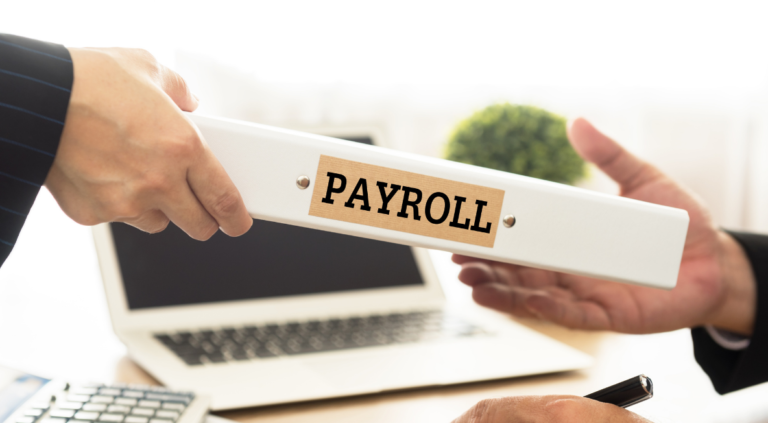
Are you an employer trying to understand how your payroll system works? Do you wish there was an easy way to know the difference between a payroll expense and a payroll liability?
More than 80 percent of large firms in the US offer some kind of wellness program to employees. The cost of that benefit is a payroll expense and a liability.
When it comes to payroll, you want to be sure you understand the terminology. Here’s a guide to help explain payroll liabilities vs. payroll expenses for your business.
Read on to find out more.
What Are Payroll Liabilities?
A liability is an amount you owe to another company, an individual, or the government. It’s a reflection of a specific moment in time because the amount you owe will change as you make payments.
Payroll liabilities include the amounts you owe to your employees for their work. It also consists of any amounts you owe to the government for payroll taxes and payments you owe for Social security and Medicare deductions.
Your payroll liabilities for salaried staff will depend on the terms of their contract. If you pay workers by the hour, your payroll liabilities increase with every hour worked. That increases the amount you owe over time.
As your accounting department makes employee payments, you reduce your payroll liabilities. When your accountant processes the payroll, they deduct specific amounts from your employee’s total pay.
These deductions might be federal and state taxes, and you have a liability for sending the money to the government on behalf of your employee. Social security and medicare deductions are deducted and then paid out the same way.
What Are Payroll Expenses?
Payroll expenses are on your income statement as costs of operating your business. You deduct expenses from your income or sales, and the amount left is net income.
Your employee’s total pay is the largest part of your payroll expenses. Any benefits you pay as part of their overall compensation package are expenses to you. That might include private health insurance or other benefits.
Payroll expenses add up over time as your employees come to work each day. When your accountant pays out the payroll, it doesn’t affect your expenses. It only reduces your payroll liabilities. For more information on how to manage payroll, check out https://www.ignitehcm.com/.
Income Tax Effect
Your business is liable to pay income tax at the federal and state level on the net income you earn. It’s important to understand how payroll expenses and liabilities affect the amount of tax you owe.
Payroll expenses are a cost that can reduce the amount you pay in income taxes. When you’re considering offering a benefit to your employees, the cost of that benefit is a payroll expense, and it will reduce your income tax.
Payroll Liabilities vs. Payroll Expenses
Now that you understand the difference between payroll liabilities vs. payroll expenses, it will be easier to read your financial reports. Learning different accounting terms will also improve communication with other team members.
Did you find this article helpful? If so, be sure to use the simple search feature to find more business information.